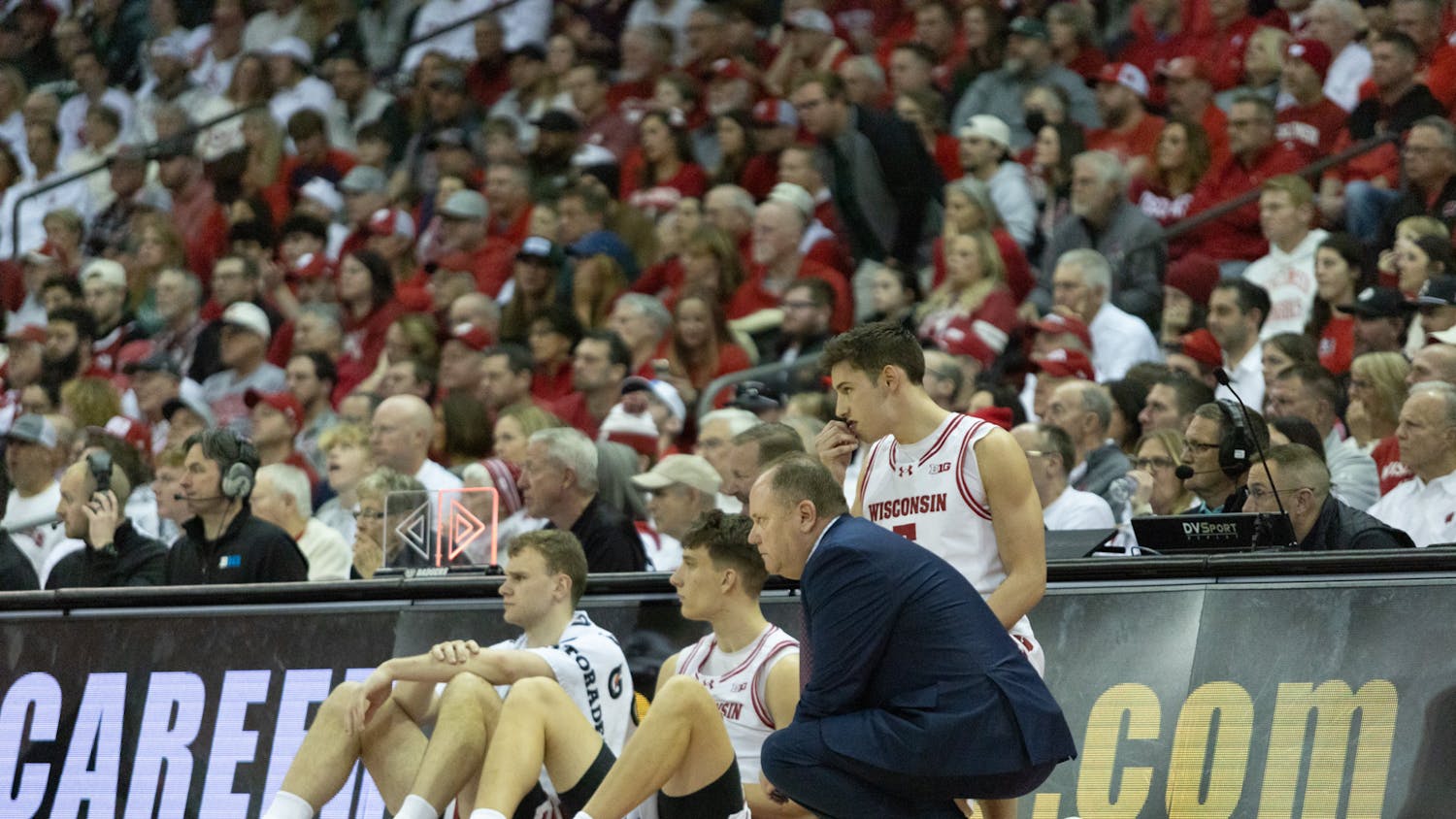The UW-Madison School of Human Ecology has created two workshop-oriented courses to help undergraduate students prepare to handle finances during and after college.
Each course can be taken for one semester and students will receive one graduation credit upon completion. Both classes are set up in a peer-facilitated teaching model where peer educators use a hands-on approach to give students a better understanding of finance.
The courses include Consumer Science 111 and 321. CS 111 is recommended for freshmen and sophomore students and teaches topics that cover how to manage a budget plan. CS 321 discusses topics such as auto insurance and 401ks and is geared towards upperclassmen.
UW-Madison senior Alaina Legler is a retail major in SoHE and section leader for the program. Her involvement started after taking the first CS 111, offered in the fall of 2014.
She explained that peer educators are not limited to personal finance majors. Educators can be students who have taken a personal finance course or who simply want to get leadership and teaching experience.
“The peer educators themselves have so much input.” Legler said. “We are in the classroom seeing things happen and taking suggestions. That is part of why the program’s gotten better and increased enrollment throughout the years.”
Students are expected to come to class having completed the required assignments. An instructor gives an overview on the topics, then small groups breakout to discuss the lesson while peer facilitators interact with students one-on-one.
Assistant Director of the Financial Life Skills Program Lindsay Peters said the peer-facilitated teaching helps students feel comfortable to ask personal questions about their own finances.
“Students are with the same small group every class to establish a relationship,” Peters said. “Money is a topic that people can be embarrassed to talk about, so the small group aspect of the class is helpful with that.”
Peters discussed the importance of courses helping students feel better prepared for debt after college.
“I don’t want to have people scared to go to college or scared of debt with rising tuition,” Peters said. “It’s helpful to have a grasp on how to make that manageable and how investing money in college education is worth it.”
Director of the Financial Life Skills Program Linda Lepe said the workshop-oriented courses have been successful in helping students comprehend topics.
“Not everyone gets the same level of financial education growing up,” Lepe said. “By the time students are here at campus, some have more financial education than others, so we are somewhat unique in our approach.”
Several Big Ten universities follow an online or uncredited approach with the same topics as the UW-Madison program, but SoHE is finding that personal interaction is a big reason why there has been such success.
Both Lepe and Peters said that despite being in its early stages, the courses have received a lot of positive feedback by students and faculty alike under the current teaching model.
“Part of the success of the program is seeing the peer educators grow, too,” Peters said. “Most have improved their knowledge of the topics and are more comfortable in themselves and that’s cool to see.”
The Financial Life Skills Program was a recipient of the 2016 Governor's Financial Literacy Award and will be honored at the State Capitol in 2017.
The program was recognized with the award for meeting criteria that include innovative implementation and focused effort on need-based groups.
Governor Scott Walker said in a UW-Madison news release that he believes the program increases consumer savvy and personal financial skills which will help strengthen the overall economy.






